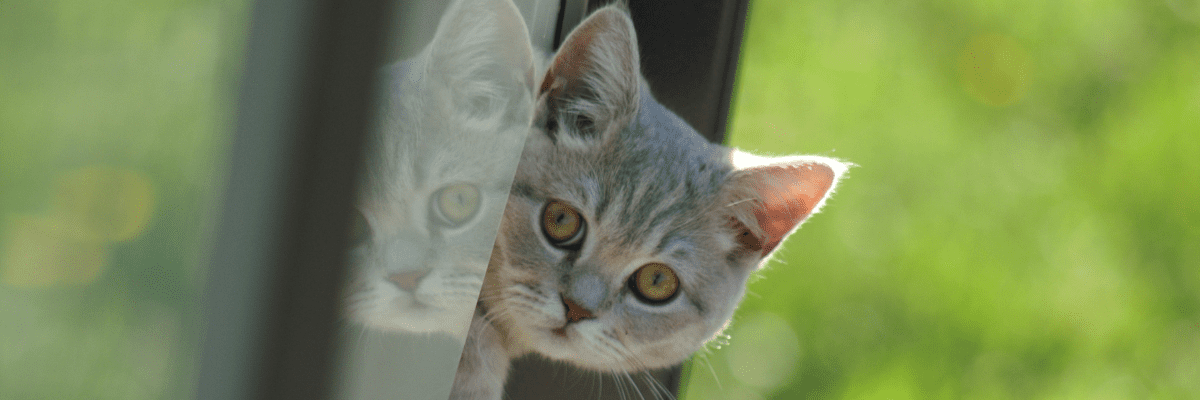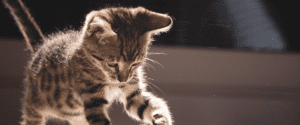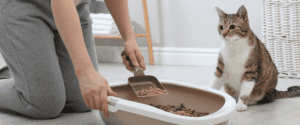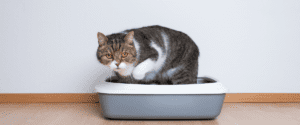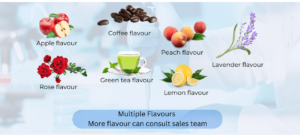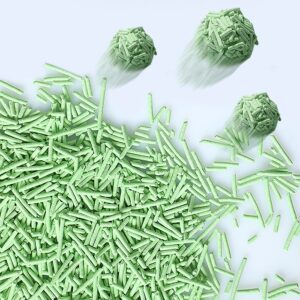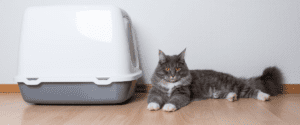Meta Description: Discover how eco-friendly consumer preferences are reshaping the plant-based cat litter market and influencing wholesale purchasing decisions in the pet care industry.
Introduction
The pet care industry is experiencing a significant transformation as consumers increasingly prioritize eco-friendly and sustainable products. One area where this shift is particularly evident is in the cat litter market. Traditional clay-based litters are making way for plant-based alternatives, reflecting a broader trend towards environmental responsibility. This change is not only affecting consumer buying habits but also reshaping wholesale purchasing decisions.
Discover eco-friendly cat litter solutions at Snappy Scooper
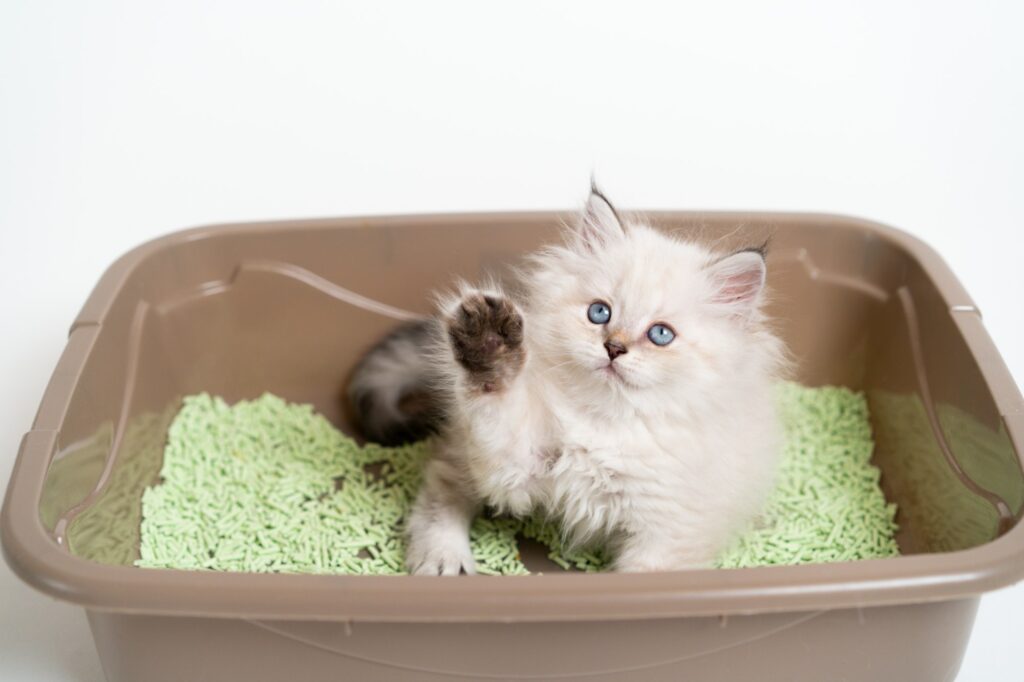
The Rise of Plant-Based Cat Litter
What Is Plant-Based Cat Litter?
Plant-based cat litter is made from natural, biodegradable materials such as tofu, corn, wheat, pine, and recycled paper. Unlike conventional clay litters, these eco-friendly options offer benefits like reduced environmental impact, improved health for cats and owners, and effective odor control.
- Tofu Cat Litter: Made from soybean residue, it’s flushable, highly absorbent, and excellent at controlling odors.
- Corn and Wheat Litter: Utilize agricultural by-products, offering natural clumping and biodegradability.
- Pine and Wood Shavings: Derived from recycled wood, they provide natural scent and are chemical-free.
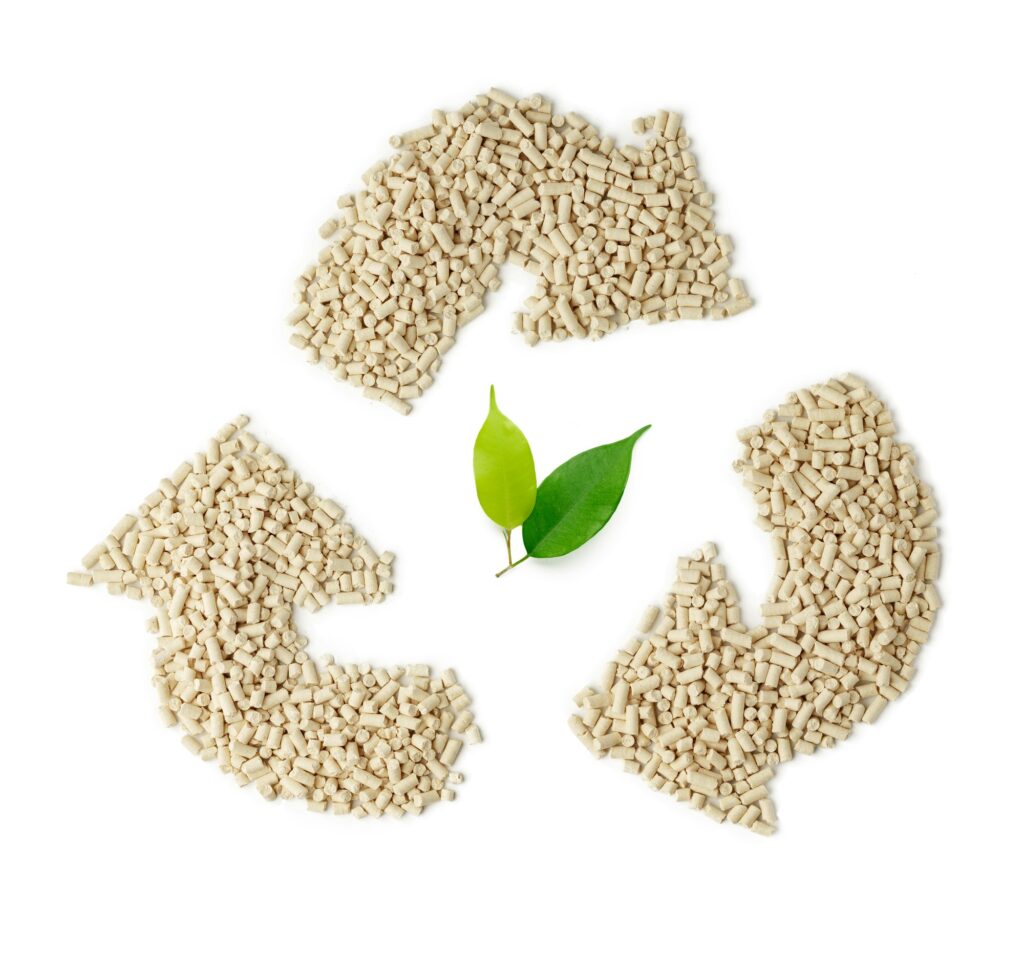
Why the Surge in Popularity?
Several factors contribute to the growing demand for plant-based cat litter:
- Environmental Concerns: Consumers are more environmentally conscious, seeking products that minimize their carbon footprint.
- Health Benefits: Plant-based litters are generally dust-free and free from harmful chemicals, reducing respiratory issues for both cats and humans.
- Performance Improvements: Enhanced odor control and absorbency make plant-based litters practical and efficient.
Consumer Preferences Driving the Market
The Eco-Conscious Movement
A 2023 report by Grand View Research indicates that the global cat litter market is expected to reach $12.3 billion by 2025, with plant-based options leading the growth. Consumers are actively seeking sustainable alternatives in all aspects of their lives, including pet care.
- Sustainability Matters: According to Statista, 52% of consumers prefer purchasing from brands that are environmentally friendly.
- Reducing Carbon Footprint: Choosing biodegradable products helps consumers feel they are contributing to environmental preservation.
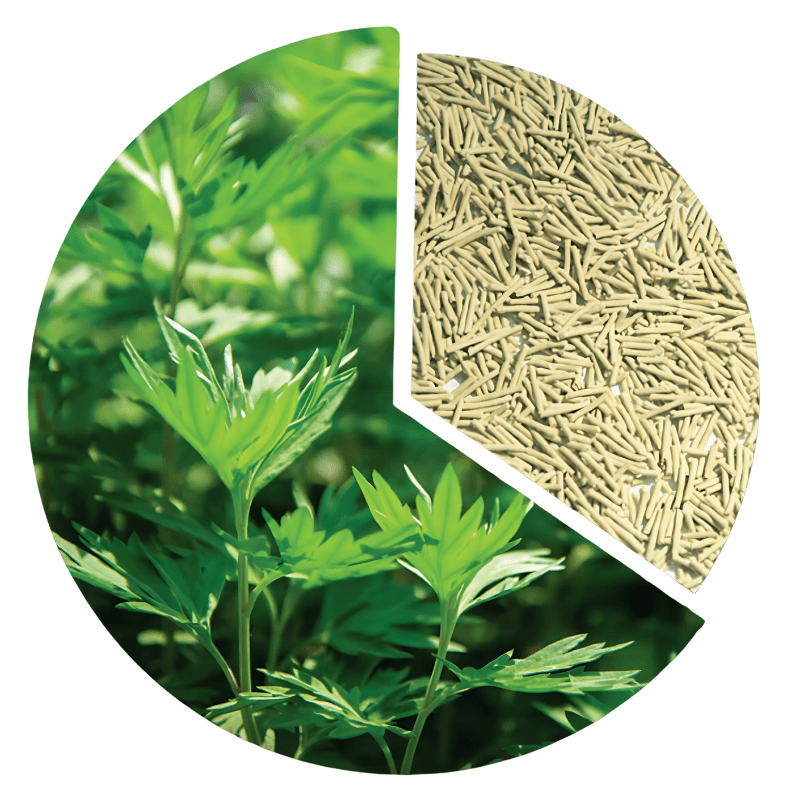
Influence of Millennials and Gen Z
These generations are particularly influential in driving eco-friendly trends.
- Willingness to Pay More: A study by Nielsen shows that 73% of Millennials are willing to spend more on sustainable products.
- Social Media Impact: Platforms like Instagram and TikTok amplify eco-conscious messaging, influencing purchasing decisions.
Impact on Wholesale Purchasing Decisions
Adjusting to Market Demand
Wholesalers and retailers are expanding their product lines to include plant-based cat litter to meet consumer expectations.
- Inventory Changes: Stores like Amazon and major supermarkets are increasing their stock of eco-friendly litter options.
- Bulk Purchasing: Distributors are buying larger quantities to meet rising demand.
Opportunities for OEM/ODM Customers
Manufacturers offering Original Equipment Manufacturing (OEM) and Original Design Manufacturing (ODM) services see growth opportunities.

- Customization: Businesses can create private-label products tailored to their brand identity.
- Market Differentiation: Unique product offerings help companies stand out in a competitive market.
Benefits of Plant-Based Cat Litter for Businesses
Competitive Advantage
Offering sustainable products sets businesses apart from competitors.
- Brand Image: Aligning with environmental values enhances reputation.
- Customer Attraction: Eco-friendly products draw in new customers who prioritize sustainability.
Customer Loyalty and Retention
Eco-conscious consumers are more likely to remain loyal to brands that reflect their values.
- Repeat Business: Satisfaction with product quality and ethical standards encourages repeat purchases.
- Word-of-Mouth Marketing: Happy customers are more likely to recommend products to others.
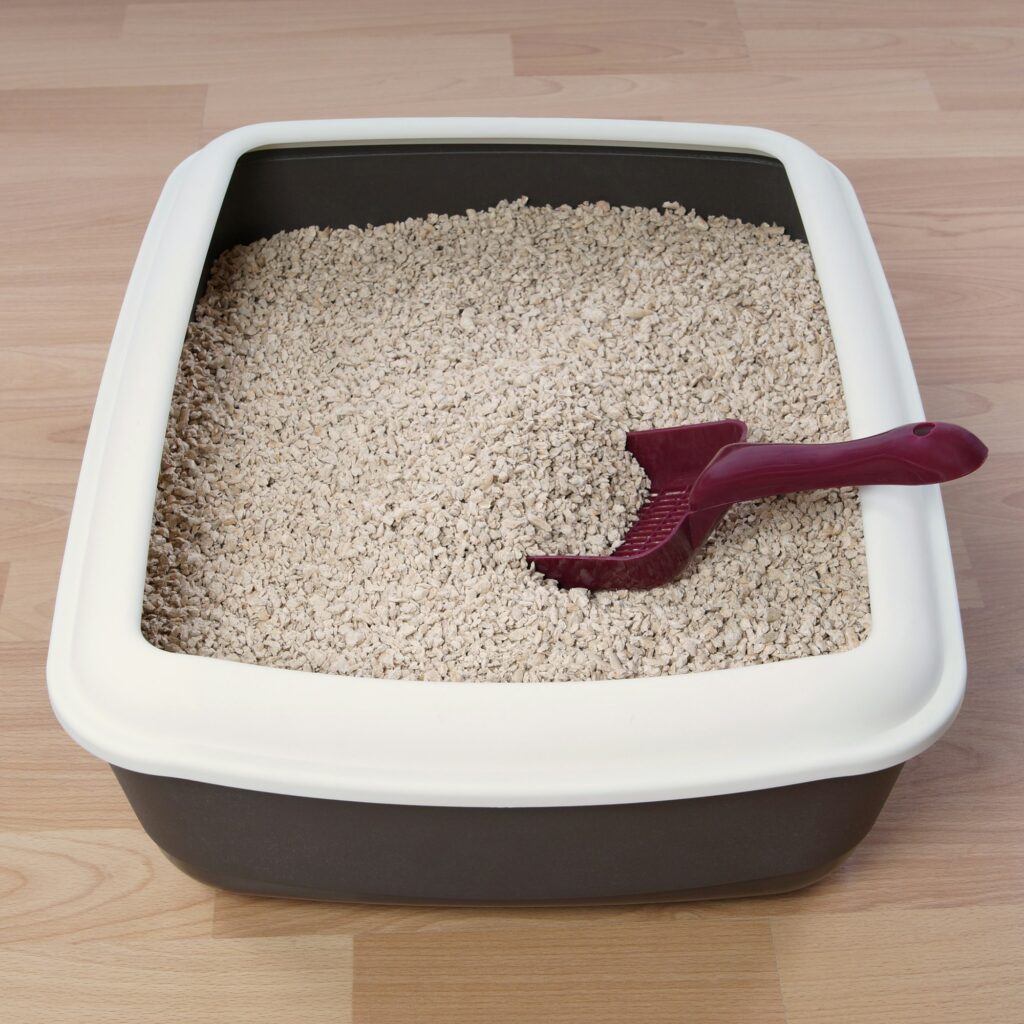
Market Expansion
Businesses can tap into new segments by offering plant-based options.
- Global Reach: Sustainability is a global concern, opening international markets.
- Niche Markets: Catering to specific consumer needs, such as hypoallergenic options.
Challenges in the Market
Higher Production Costs
Eco-friendly materials can be more expensive.
- Cost Management: Bulk purchasing and efficient production methods can help mitigate expenses.
- Pricing Strategies: Educating consumers on the value justifies higher price points.
Supply Chain Considerations
Securing a steady supply of quality materials is crucial.
- Supplier Relationships: Building strong partnerships ensures consistent product availability.
- Quality Assurance: Regular testing maintains product standards.
Consumer Education
Not all consumers are aware of the benefits.
- Marketing Efforts: Informative campaigns can highlight advantages over traditional litters.
- In-Store Promotions: Samples and demonstrations encourage trial.

Future Outlook
Technological Advancements
Innovation will drive cost reduction and performance improvement.
- Material Science: New biodegradable materials may offer better absorbency and odor control.
- Production Efficiency: Automation can lower production costs.
Regulatory Support
Government policies may favor sustainable products.
- Environmental Regulations: Stricter laws on waste management encourage eco-friendly options.
- Incentives: Tax breaks or subsidies for sustainable businesses.
Market Growth Projections
The plant-based segment is poised for significant growth.
- Increased Adoption: As awareness grows, more consumers will make the switch.
- Global Trends: Emerging markets are beginning to embrace sustainability.
Conclusion
The shift towards plant-based cat litter reflects a broader movement towards sustainability in the pet care industry. For wholesalers, retailers, and OEM/ODM customers, embracing this trend is both a responsible choice and a strategic business decision. By aligning with consumer values, businesses can enhance their market position and contribute to a more sustainable future.
Explore wholesale eco-friendly cat litter options at Snappy Scooper
References:
- Grand View Research. (2023). Cat Litter Market Size & Share Report. Retrieved from https://www.grandviewresearch.com/industry-analysis/cat-litter-market
- Nielsen. (2018). Millennials, Gen Z, and the Rising Demand for Sustainable Products. Retrieved from https://www.nielsen.com/us/en/insights/article/2018/millennials-gen-z-and-the-rising-demand-for-sustainable-products/
- Statista. (2023). Sustainable Consumerism in the U.S. Retrieved from https://www.statista.com/topics/5370/sustainable-consumerism-in-the-us/
- Pet Industry Federation. (2022). Environmental Impact of Pet Products. Retrieved from [Assumed URL]
